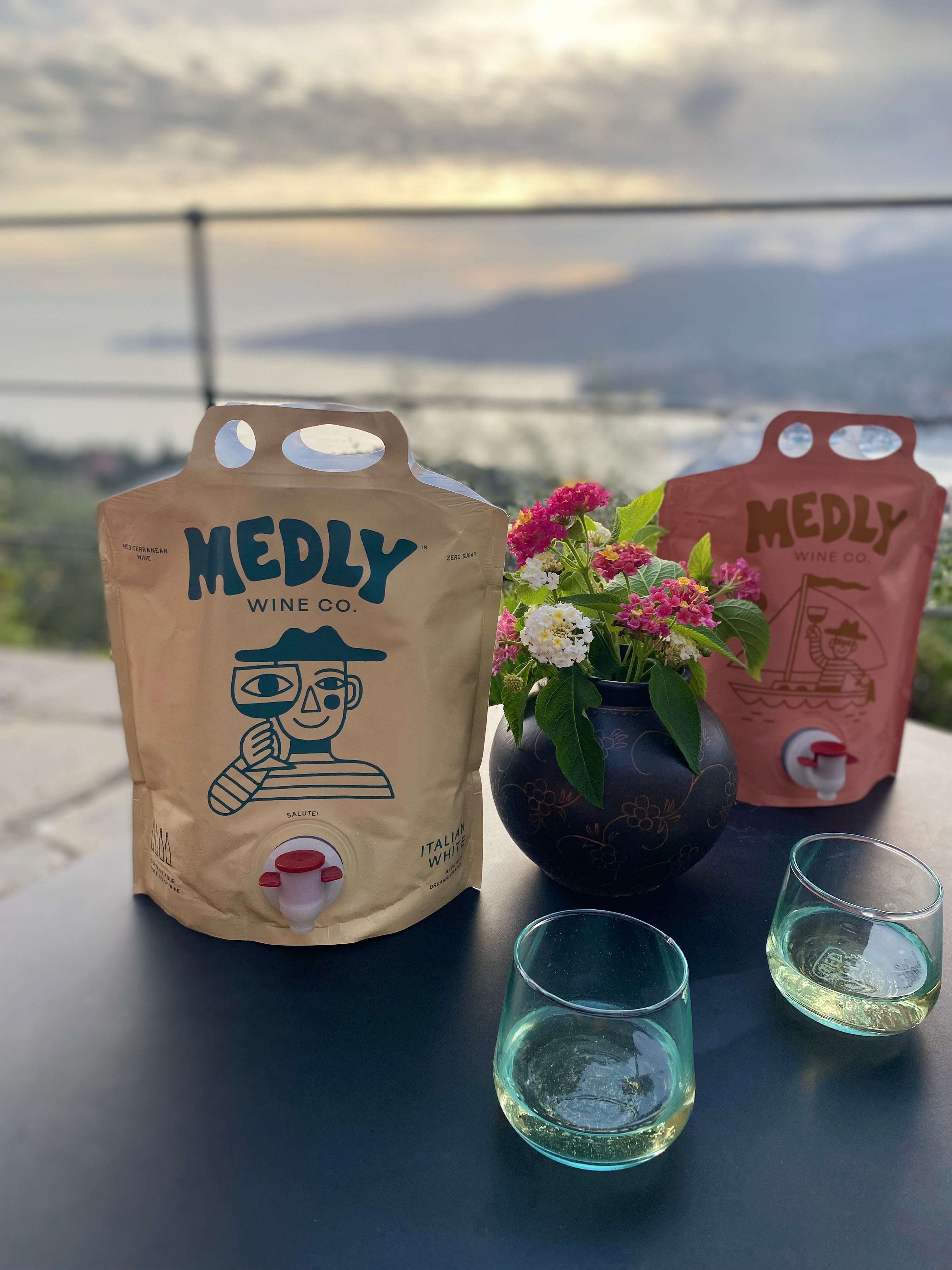In recent years, organic farming has been gaining traction, not just among health-conscious consumers but also within the agricultural community. Despite this shift, organic farming still represents a small percentage of overall agricultural production. With growing awareness around the environmental and health benefits of organic practices, the question remains: why aren’t more farmers adopting organic growing methods? The answer lies in a complex mix of economic pressures, industry norms, and short-term vs. long-term thinking.
The Industry Outlook: Why Organic Isn’t the Norm
For many farmers, transitioning to organic farming isn’t as simple as making a few changes. Organic growing requires a fundamental shift in approach, often involving more manual labor, time, and upfront costs. Synthetic fertilizers, pesticides, and herbicides are quick and effective tools that help boost yields in the short term, and many conventional farmers rely on them to maximize their output. In contrast, organic farming leans on natural systems, crop rotations, and biological controls, which can take longer to show results.
From an industry perspective, farming is largely profit-driven, and higher yields often mean higher profits. Synthetic fertilizers and pesticides can lead to quick, predictable results, which make them attractive for farmers looking to meet market demands. Organic farming, however, tends to result in lower yields initially, and without the same economic incentives or subsidies, it’s no surprise that many farmers stick to conventional methods. The pressures to meet production quotas, remain competitive, and ensure a stable income are immense.
Profit-Centered Decisions: Quantity Over Quality
Many of the decisions made in agriculture today come down to a focus on quantity over quality. The use of synthetic fertilizers and chemicals allows farmers to grow larger quantities of crops in a shorter time frame, but at what cost? These practices can lead to soil degradation, water contamination, and the decline of biodiversity.
Organic growing, by contrast, prioritizes soil health and long-term sustainability, often producing smaller, but higher-quality yields. Organic produce is richer in nutrients, tastes better, and is free from harmful chemical residues. However, because it takes longer to grow, is more labor-intensive, and often more expensive, many farmers see it as a less viable option in the face of market pressures.
In the short term, conventional methods may seem like a good choice for maximizing profits, but this mindset is short-sighted. As the demand for organic products continues to rise, driven by consumers looking for healthier and more environmentally friendly options, the economic benefits of organic farming are becoming clearer. Farmers who invest in organic practices are not only future-proofing their businesses but also contributing to a more sustainable and healthier food system. Biodiverse farms are far healthier and produce much more than just the cash crop that funds the business.
Short-Sighted Vision: A Missed Opportunity
The long-term benefits of organic farming go beyond the higher current price tags organic products often command. Organic farming fosters healthier soils, richer biodiversity, and more resilient ecosystems. Healthy soil, in particular, is key to long-term agricultural sustainability. It stores more carbon, holds water better, and provides the essential nutrients plants need to grow. By prioritizing soil health, organic farmers are essentially investing in the future of their land.
Unfortunately, the short-term focus on maximizing yields often leads to over-reliance on synthetic inputs that degrade soil health. Farmers using conventional methods might see high yields for a few seasons, but over time, the land becomes less productive and requires more and more chemical inputs to produce the same results. This creates a vicious cycle where the soil becomes increasingly dependent on external inputs, leading to greater environmental harm and, ironically, higher costs in the long run. Plus, all those chemicals are taken in by the crops and pass along to you when you eat them. Yuk!
Farmers who take a long-term view of their land and prioritize sustainability are often better positioned to withstand market fluctuations, climate change, and resource shortages. Organic farming helps create more resilient systems, reducing the need for damaging chemicals that deplete and kill the soils. While the initial transition may seem daunting, the long-term benefits can outweigh the short-term losses.
Challenges in Organic Growing
Despite the clear benefits, the challenges associated with organic growing are undeniable. Organic farmers must deal with more complex pest management strategies, more labor-intensive practices, and often unpredictable yields. Since they can't rely on synthetic fertilizers and pesticides, organic farmers need to be innovative in managing pests and diseases, often resorting to crop rotations, companion planting, or natural predators to keep pests at bay.
Additionally, organic certification can be a lengthy and expensive process. Farmers have to meet strict guidelines and keep detailed records of their farming practices, all while undergoing regular inspections to maintain certification. For small farmers, these extra steps can be overwhelming, especially if they don’t have the resources to navigate the complex certification process.
On top of that, organic farms often experience lower yields, particularly during the transition period when soils are adjusting to the new, chemical-free regime. While the yields may improve over time as the soil becomes healthier, the short-term loss can be a significant hurdle for farmers who rely on a steady income to stay afloat.
The Path Forward: Why Organic Is Worth It
So, why should more farmers consider the organic path despite the challenges? The answer lies in the growing consumer demand for organic products, coupled with the long-term benefits for the environment, soil health, and the farmers themselves.
Consumers are increasingly aware of the health risks associated with synthetic pesticides and fertilizers, and more people are seeking out organic produce. Organic products often command higher prices, allowing farmers to make up for lower yields with higher margins. For farmers willing to invest in organic practices, the opportunity is clear: as demand for organic products continues to rise, the market is ready for those who can meet it.
In addition, farming organically builds long-term resilience into the system. By working with nature rather than against it, organic farmers can create ecosystems that are better able to withstand pests, diseases, and climate fluctuations. Healthy soils mean healthier crops, which in turn leads to more sustainable farming practices.
Changing Mindsets for a Sustainable Future
Organic farming requires a shift in mindset, moving from a short-term focus on yield to a long-term vision of sustainability. Yes, it’s challenging, but the benefits are too important to ignore. And the products are tastier, producing rich and bold flavors that can get lost in conventional methods. Better wines, better foods, better future.
By supporting organic farming practices, consumers are making a conscious decision to prioritize quality, personal health, sustainability, and the health of our planet. The more we encourage and invest in organic farming, the more we can ensure that agriculture remains viable and sustainable for generations to come.





